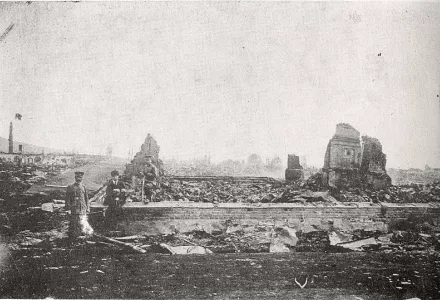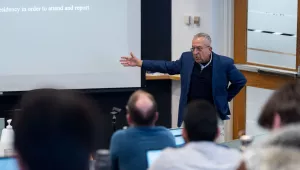Massacre and Memory: Analyzing Violence in the Russian Civil War
Speaker: Paul Behringer, Ernest May Fellow in History & Policy, International Security Program
Massacres are a common occurrence during times of war. Although the reasons vary as to why and the context within which this type of killing transpires, massacres also share certain characteristics across space and time. The greatest atrocity of the Russian Civil War in the Far East occurred in 1920 at Nikolaevsk, a town of 15,000 residents located near the mouth of the Amur River. By examining those who perpetrated the massacre, the types of violence they deployed, the victims who died, and how observers chose to document it, scholars and policymakers can understand what often seems at first glance to be senseless violence.
Everyone is welcome to join us online via Zoom! Please register in advance for this seminar: https://harvard.zoom.us/meeting/register/tJcuce2uqjssGtQlipRsIG2OTS0adywtkgT-




